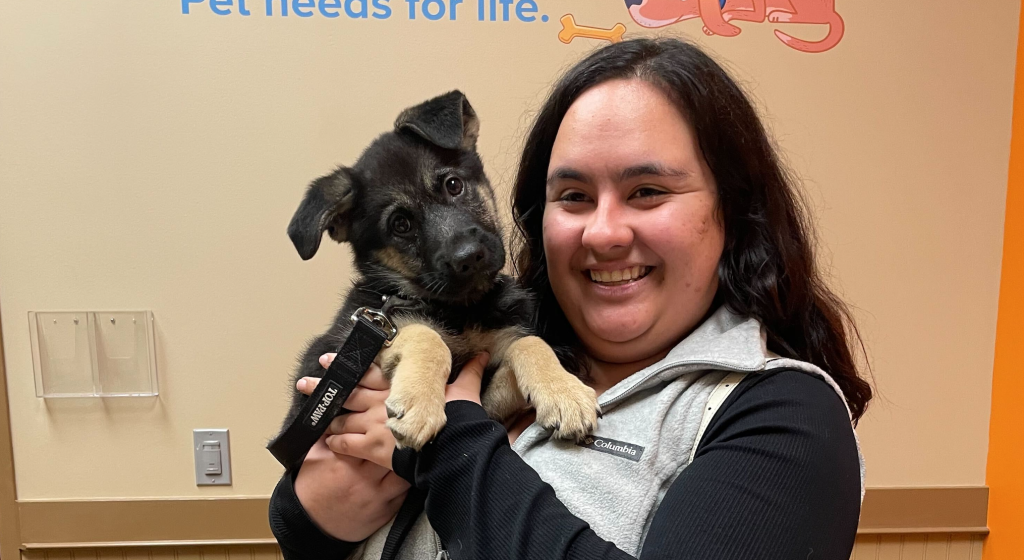Congratulations! You’ve added a furry friend to your family, and there’s no doubt they’ll bring immeasurable joy and companionship. However, caring for a new puppy or kitten is a significant commitment. They require careful attention to ensure they grow into healthy and happy adult Pets. This blog post will guide you through the essentials of puppy and kitten care.
Feeding Your New Pet
Puppies and kittens need specially formulated food to support their growth and development. Opt for high-quality puppy or kitten food that is rich in protein and nutrients. Puppies should be fed multiple times a day: 4 meals for pups under 3 months, 3 meals for pups between 3-6 months, and 2 meals for pups older than six months. Kittens should have access to food throughout the day for free feeding until they are around six months old.
Regular Health Check-ups
Schedule regular vet visits for your young Pet’s vaccinations and general health checks. The first visit typically includes a physical examination, deworming, and the start of their vaccination series. Regular check-ups are vital to detect any potential health issues early.
Training and Socialization
Start training your puppy or kitten as early as possible. For puppies, this includes basic commands like sit, stay, and come. Litter training is crucial for kittens. Additionally, early socialization with other animals and humans is key to shaping your Pet’s behavior.
Exercise and Play
Exercise is crucial for your new puppy’s health and happiness. Regular walks, playtime, and interactive toys will help burn off energy and stimulate their minds. Kittens also need interactive playtime and should be provided with toys to keep them entertained.
Grooming
Regular grooming is necessary to keep your Pet looking their best. Brush your puppy or kitten regularly to keep their coat shiny and healthy, and to reduce shedding. Certain breeds may also require regular haircuts.
Preventive Care
Preventive care is a crucial part of Pet Parenthood. Regular flea and tick prevention, heartworm medication, and dental care can keep serious issues at bay. Speak to your veterinarian about the best preventive care routine for your Pet.
Love and Patience
Above all, your new puppy or kitten needs lots of love and patience. There will be challenges along the way, from toilet training mishaps to chewed up shoes, but with patience, consistent training, and lots of love, your puppy or kitten will become a beloved member of your family.
Remember, every Pet is unique and may require different care. The tips listed here provide general guidance, but there are some great online tutorials. Of course, your veterinarian is going to be a great resource for advice tailored to your Pet’s breed, age, and health condition.
Caring for a new Pet is a big task, but it’s also an incredible journey. With patience, love, and care, you’ll have a loyal companion for life. Welcome to the beautiful world of Pet parenthood!

